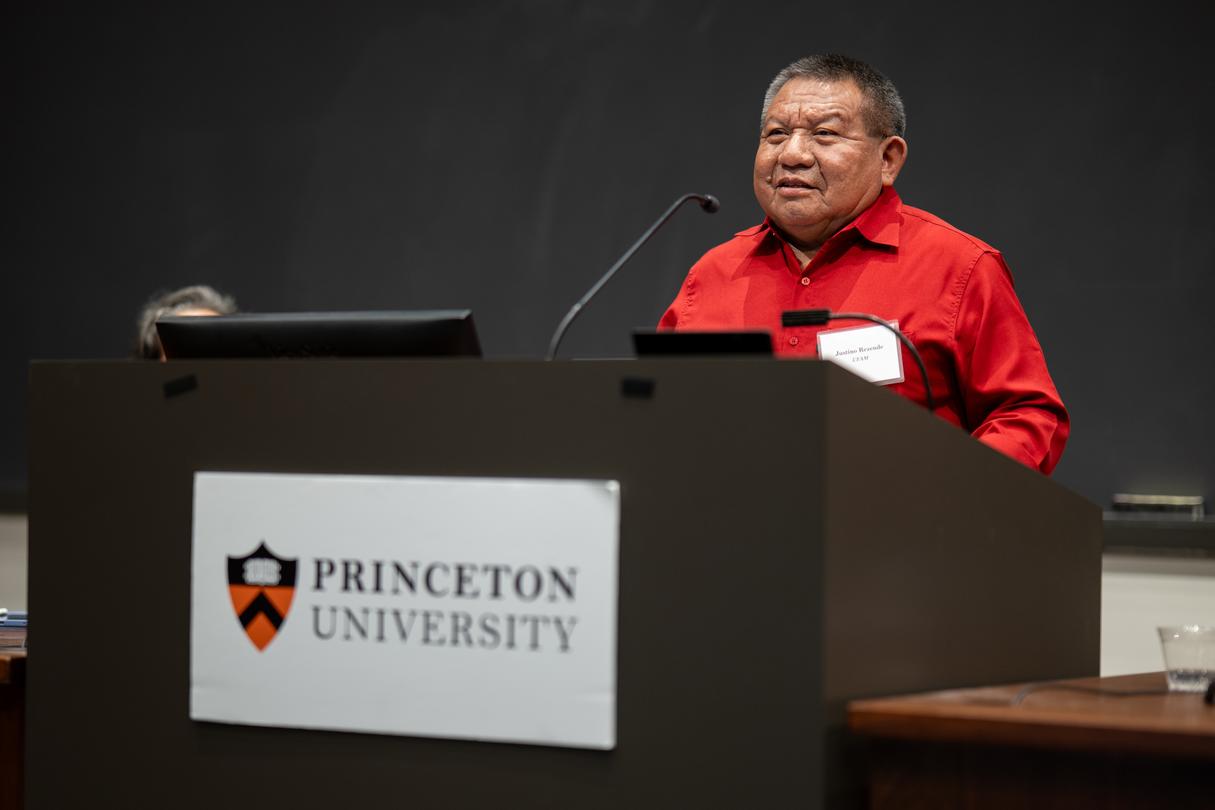Amazonian Leapfrogging 3.0 promotes bold environmental solutions

The Amazon, often dubbed “the lungs of our planet,” for its singular capacity to absorb carbon and release oxygen into our atmosphere, has been imperiled on multiple fronts over the last few decades. The Amazon harbors half the world's tropical forests and Earth's largest river basin. Essential to global climate and water resources, it contains the planet's largest carbon stores and one of its richest concentrations of biodiversity. The biome is also home to more than 410 distinct Indigenous ethnic groups who hold territorial rights to over 20% of the region. These diverse peoples have developed profound ecological knowledge and shaped rainforest dynamics and adaptation for more than 12,000 years.
João Biehl, Susan Dod Brown Professor and Chair of Anthropology and director of the Brazil LAB at the Princeton Institute for International and Regional Studies (PIIRS) kicked off the Amazonian Leapfrogging 3.0 conference, which took place May 8 and 9 2025, with a stark message: “Consecutive years of extreme drought and escalating fires have exacerbated the existing crisis, underscoring the region's vulnerability to climate change, biocultural diversity loss and organized crime,” he said. “While recent efforts to curb deforestation have shown promise, the Amazon now faces multiple potential tipping points that demand groundbreaking cross-sector collaborations aimed at transformational change.”
The conference — which hosted more than 100 leaders in science, policy, finance, business, civil society and media, alongside social entrepreneurs, students and concerned citizens from Brazil and Princeton — endeavored to do just that.
